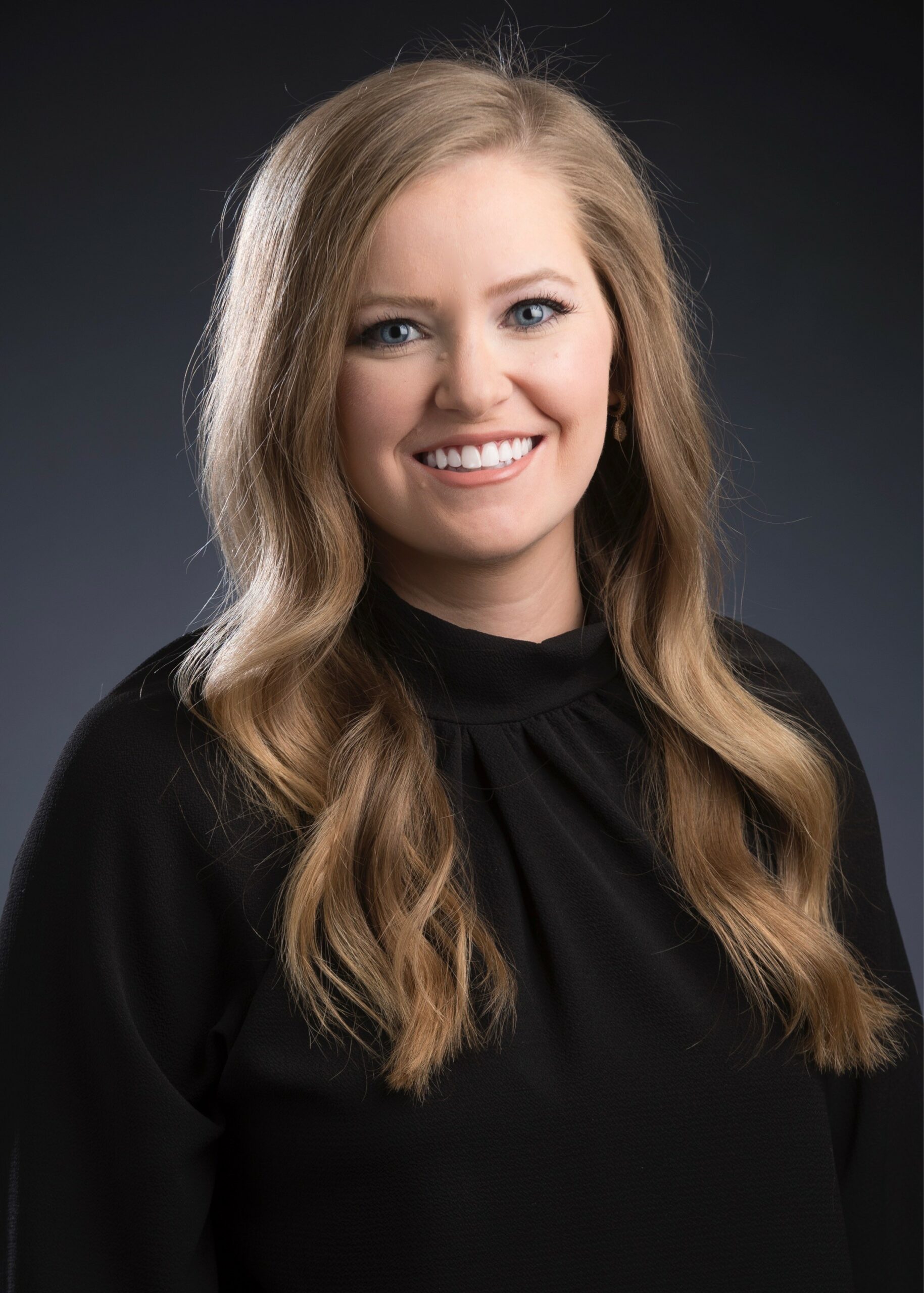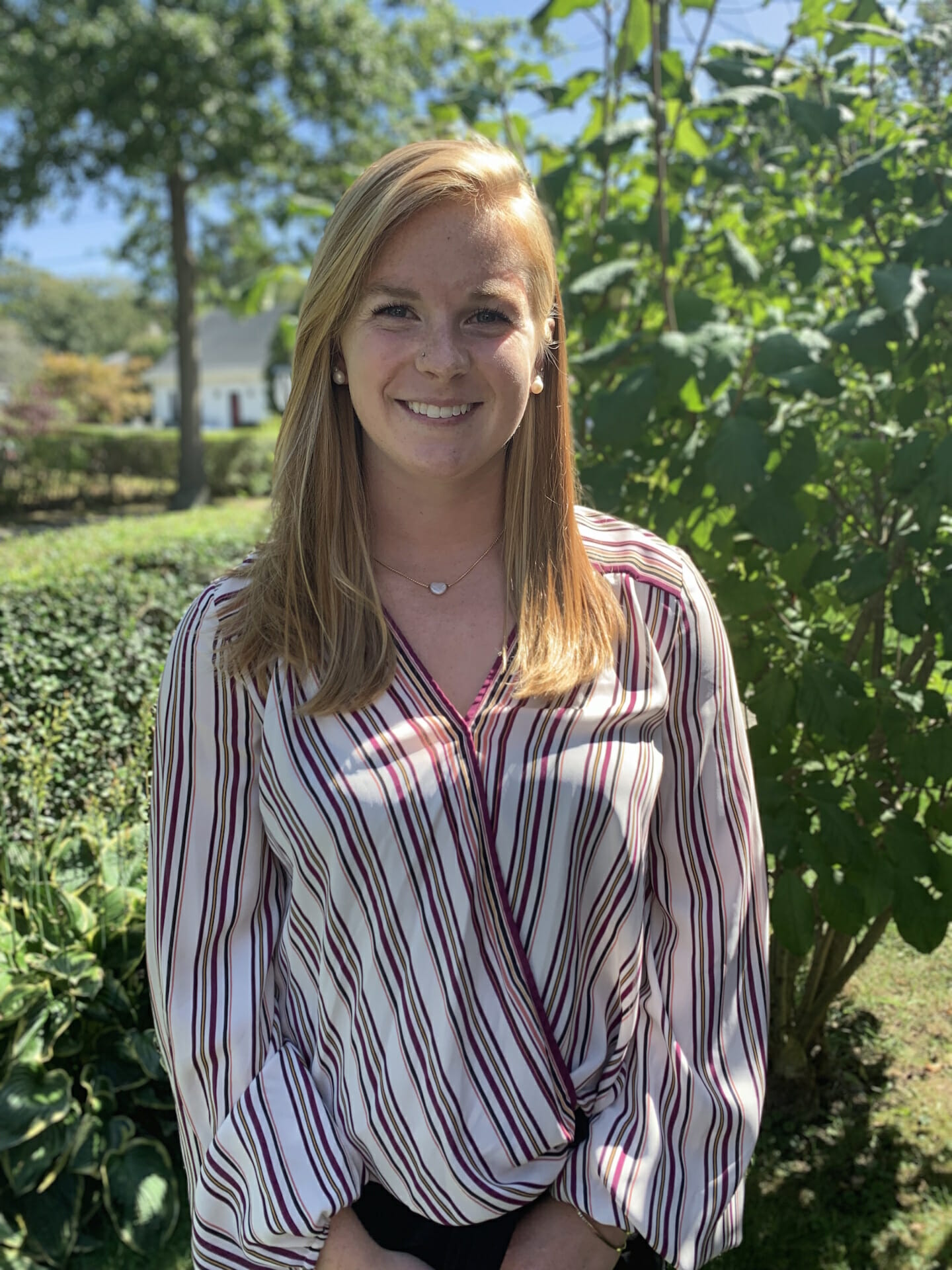Congratulations to winners of the Outstanding Symposium Student Paper Award!
2024: Van Dinh
The 2024 winner is Van Dinh for “Cryptocurrency Investment Mechanism: Exploring the Role of Financial Education, Investment Knowledge, and Risk Tolerance.”
This study using data from the National Financial Capability Study in 2018 and 2021 examined the impact of financial education on cryptocurrency investment decisions, focusing on the mediating roles of investment knowledge and risk tolerance. Results indicated that while objective financial knowledge often discouraged cryptocurrency investment due to perceived risks; subjective investment knowledge, enhanced by financial education, increased confidence and willingness to invest in cryptocurrency. Risk tolerance was found to partially mediate the relationship between investment knowledge and investment decisions, especially with investors having high subjective investment knowledge. These findings suggested that effective financial education should not only increase investment knowledge but also balance risk awareness with potential rewards. This research underscored the importance of designing financial literacy programs that prepare investors for the complexities of the cryptocurrency market, aiming to boost both practical financial skills and balanced investment behavior.
Van Dinh, Research Assistant, Texas Tech University
2023: Hanna Yu
The 2023 winner is Hanna Yu for “Examining Financial Anxiety Through Cognitive Appraisals and Coping During a Global Pandemic.”
The public’s perception of COVID-19 has significantly improved; however, there remains a high level of uncertainty in the financial market, including bank crises, increasing interest rates, and high inflation in 2023. This paper investigated possible associations between financial anxiety and cognitive processes, economic adjustment strategies (such as decreasing spending), and receiving a stimulus check during a global pandemic to understand financial anxiety in times of uncertainty.
Hanna Yu, University of Minnesota Twin Cities.
2022: Dr. Mary Gatti
The 2022 winner is Dr. Mary Gatti for “Defining and Measuring College Student Financial Literacy.”
There has been a lack of consensus among researchers and practitioners about how to define financial literacy, but there is agreement that financial education changes depending on the stage of life to which people belong. This study provides consensus on what topics are considered a part of financial literacy specifically for traditional aged undergraduate college students. This lack of definition has also made it hard to measure financial literacy of college students. This study addresses both of these concerns. Utilizing the Delphi method, experts generated a list of financial planning topics that should be included in financial literacy for all undergraduate students. Those results were then used to create an instrument that measures holistic financial literacy. The instrument was refined utilizing multiple psychometric methods. Through the refinement process, a final instrument was created with 4 subscales measuring: financial knowledge, financial planning attitude, financial management attitude, and financial behavior.
Dr. Mary Gatti, Oklahoma State University.
2021: Katherine Vasquez, MS
The purpose of this project is to assess how sources of financial literacy education influence FGCS financial literacy. FGCS students in this study were required to complete a financial literacy education workshop series as part of the university-based early success program. Other types of exposure to financial literacy education- such as family, friends, high school financial literacy courses, and college courses or degree programs, were explored as well. This project also investigated if the current pandemic and employment instability has impacted interest or appreciation for financial literacy education in first-generation college students.
Katherine Vasquez, MS is a Doctoral Student at the University of Minnesota.
2020: Beatrix Lavigueur
The purpose of this literature review is to document consumer finance scales published in the Journal of Financial Counseling and Planning. A total of 15 scales were analyzed in 13 papers collected from the AFCPE website. The features of each scale were examined and categorized based on target population, number of factors and items, reliability measures and validity measures. The scales were compared based on their similarities and differences. Implications for researchers and practitioners are provided.
Beatrix Lavigueur is a Rhode Island native attending the University of Rhode Island. She is working towards graduating in May 2021 with her M.S. in Developmental Science. She currently is working as an editorial assistant under Dr. Jing Jian Xiao for the Journal of Financial Counseling and Planning.
2019: Yiting Li
The efforts of this research, “A Decade Review of Publications in Family Financial Socialization, Young Couples, & Financial Behaviors: 2007-2017”, will benefit financial professionals working with Asian populations, informing and better-equipping them to advance the services, education, and counseling that they provide.
Yiting Li is a PhD Candidate of the Department of Family Social Science at the University of Minnesota. Li’s research centers on the intersection between financial management and intimate relationship, especially how young couples manage their financial matters in Family Financial Socialization lens. She received her B.A. in Applied Psychology from Qingdao University and Psychology from University of Minnesota, MA in Family Social Science from University of Minnesota.
2018: Andrew Scott, Juan Gallardo, & Christopher Moore
The purpose of this study was to test the effectiveness of peer-based financial counseling in changing subjective and objective financial knowledge. The authors examined mean differences in financial knowledge scores from a financial counseling intake survey to a two-month follow-up survey. Results suggest that financial counseling had positive effects on financial knowledge. Most notable, this study focused on the impact of financial counseling across various sub-groups. Before financial counseling there was great disparity in financial knowledge among sub-groups, and after financial counseling this disparity mostly disappeared. Financial counseling seems to create balance in financial knowledge among sub-groups, as significant differences in both subjective and objective knowledge among sub-groups largely vanish after counseling.
Andrew Scott is a PhD Student at Kansas State University, studying at the Institute of Personal Financial Planning. Andrew Scott is also an Assistant Professor of Finance at Saint Mary’s University of Minnesota.
2017: Irene McIvor Mason
Irene McIvor Mason is a developmental science graduate student and part time human development and family studies faculty member at the University of Rhode Island. Her research paper was selected as the 2017 AFCPE® Outstanding Symposium Student Paper Award Winner!
2016: Judith Aboagye
Judith Aboagye is a graduate research assistant currently enrolled in the Financial Planning, Housing, and Consumer Economics doctoral program at the University of Georgia. Her study titled “An analysis of the indicators of financial satisfaction: Does behavioral and debt factors matter?” examines the indicators of financial satisfaction and shows that behavioral factors offer the strongest explanation of the total variance in financial satisfaction level. Apart from overspending which had a strong negative association with financial satisfaction, having a higher risk tolerance, no difficulty with monthly bill payments, and savings in an emergency fund and retirement plan were all positively associated with financial satisfaction. Mortgage debt was the only debt factor shown to have a significant association with financial satisfaction and the positive association is an important indication of the value and overall satisfaction attached to home ownership.
Comments are closed.








